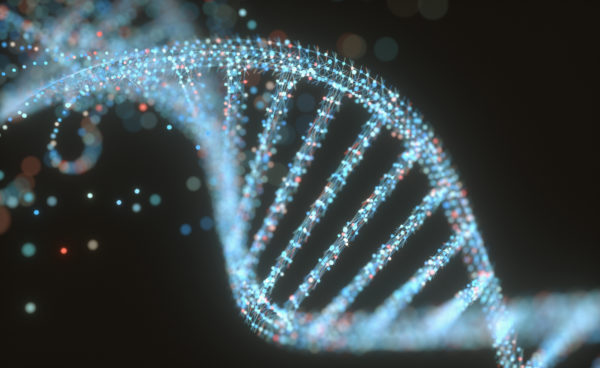A genealogy site is taking steps to protect users’ privacy, but law enforcement officials fear the new policy change could hinder police access to DNA data used to solve crimes.
Florida-based GEDMatch now gives users the choice to “opt in” or out of letting police have access to their information, co-founder Curtis Rogers announced this week. By default, all user profiles will be set to “opt out” unless users decide otherwise.

GEDMatch users must now “opt in” for their DNA data to be included in police searches of the database. (Getty Images)
“Ethically, it’s a better option,” Rogers told ABC News. “It’s the right thing to do.”
The change, which took effect Sunday, requires participants to explicitly opt in for their DNA profiles to be included in law enforcement searches. While the move has been cheered by privacy advocates, police fear it will make it harder to solve crimes and nab criminals like the Golden State Killer.
“It’s a shame it could leave a murderer running on the streets,” Orlando Police detective Michael Fields said. “But I perfectly understand why they’d want to change that.”
GEDMatch updated its terms of service following a BuzzFeed News report about how the site had bent its rules to allow police to search its database for relatives of a 17-year-old accused of assaulting a senior citizen in Utah. Authorities were granted special permission, as the site previously only let law enforcement investigate rapes or murders.
The decision was met with swift backlash, prompting a response from the company.
“Your story and others brought attention to the definition of ‘violent crime’ — which was clearly inconsistent with what is generally used elsewhere,” John Olson, an engineer who runs GEDmatch with Rogers, told BuzzFeed News. “The other changes were mostly based on lessons learned since our last [terms of service] revision a year ago.”


